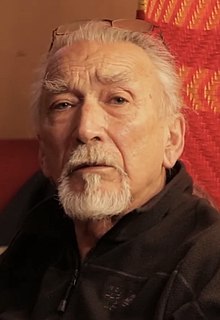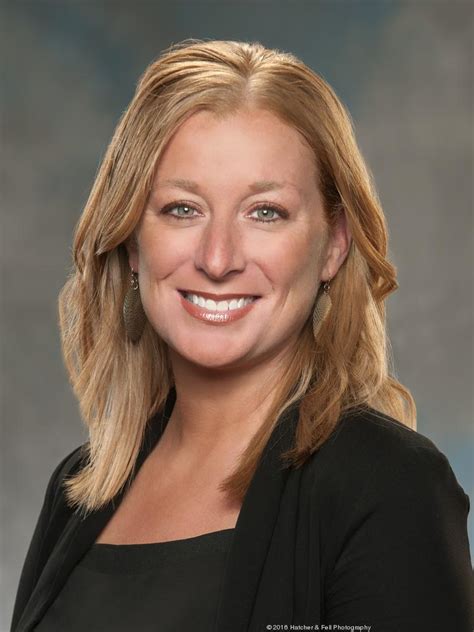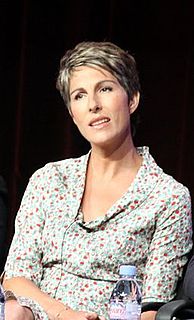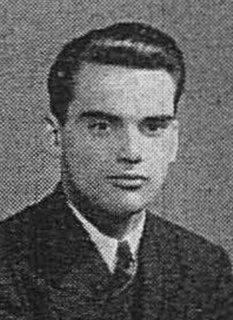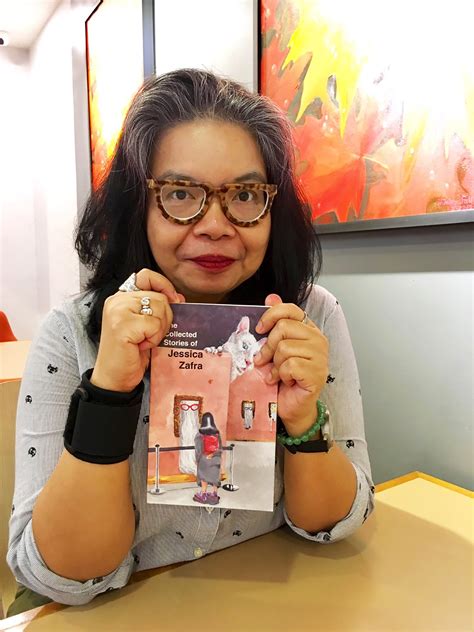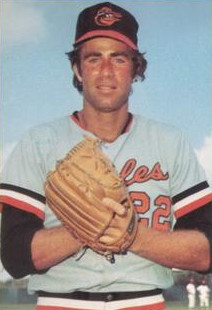A Quote by M. John Harrison
What is literature, and why do I try to write about it? I don’t know. Likewise, I don’t know why I go on living, most of the time. But this not knowing is precisely what I want to preserve. As readers, the closest way we can engage with a literary work is to protect its indeterminacy; to return ourselves and it to a place that precludes complete recognition. Really, when I’m reading, all I want is to stand amazed in front of an unknown object at odds with the world.
Related Quotes
Secrets are my currency: I deal in them for a living. The secrets of desire, of what people really want, and of what they fear the most. The secrets of why love is difficult, sex complicated, living painful and death so close and yet placed far away. Why are pleasure and punishment closely related? How do our bodies speak? Why do we make ourselves ill? Why do you want to fail? Why is pleasure hard to bear?
I’m curious about things that people aren’t supposed to see—so, for example, I liked going to the British Museum, but I would like it better if I could go into all the offices and storage rooms, I want to look in all the drawers and—discover stuff. And I want to know about people. I mean, I know it’s probably kind of rude but I want to know why you have all these boxes and what’s in them and why all your windows are papered over and how long it’s been that way and how do you feel when you wash things and why don’t you do something about it?
Why do we protect children from life? It's no wonder that we become afraid to live. We're not told what life really is. We're not told that life is joy and wonder and magic and even rapture, if you can get involved enough. We're not told that life is also pain, misery, despair, unhappiness, and tears. I don't know about you, but I don't want to miss any of it. I want to embrace life, and I want to find out what it's all about. I wouldn't want to go through life without knowing what it is to cry.
Not to any really influential effect, but certainly there have been comments that have surprised me. It's surprising sometimes to get particular perspectives on your work, and it's enlightening sometimes to know that non-writers and readers out there have certain assumptions about everything that I both want to keep in mind and want to forget about why I write, and about the connection between me as a private person and the stuff that I think about on the page.
Some comics get drunk before a show. I don't. When I get drunk, I don't want to stand in front of a bunch of people that I don't know. That does not sound comfortable. Why have all these people gathered? And why am I elevated and not facing the same way as everyone else? And what is this electric stick in my hand? I want a chair too!
The problem for a lot of people is that they don't really know what they want. They have vague desire: to 'do something creative' or to earn more money or 'to be free', but they can't really pin down what it is precisely that they want.
So they drift from one thing to another, enjoying some moments and hating others, but never really finding fulfillment or success. (..)
This is why it's hard to lead a successful life (whatever that means to you) when you don't know what you want.
I hear what many of you are saying: We don’t have the time, we are busy. Well Nobody Has Time, Everyone Is Busy. In the time it took you to read this post, your life just got a minute shorter. That is precisely why we read (and why some of us write): because life is short and finite, we want more, and literature is the distillation of all those lives we will not lead.
I found that most people don't really want to know the truth. There are plenty of people who want to know the truth on their terms or require that the truth be contained within certain boundaries of comfort. But truth can never be known this way. You have to seek truth from a place of not knowing, and that can be a very threatening place because we think we already know the truth or we are afraid of what the truth might be.
